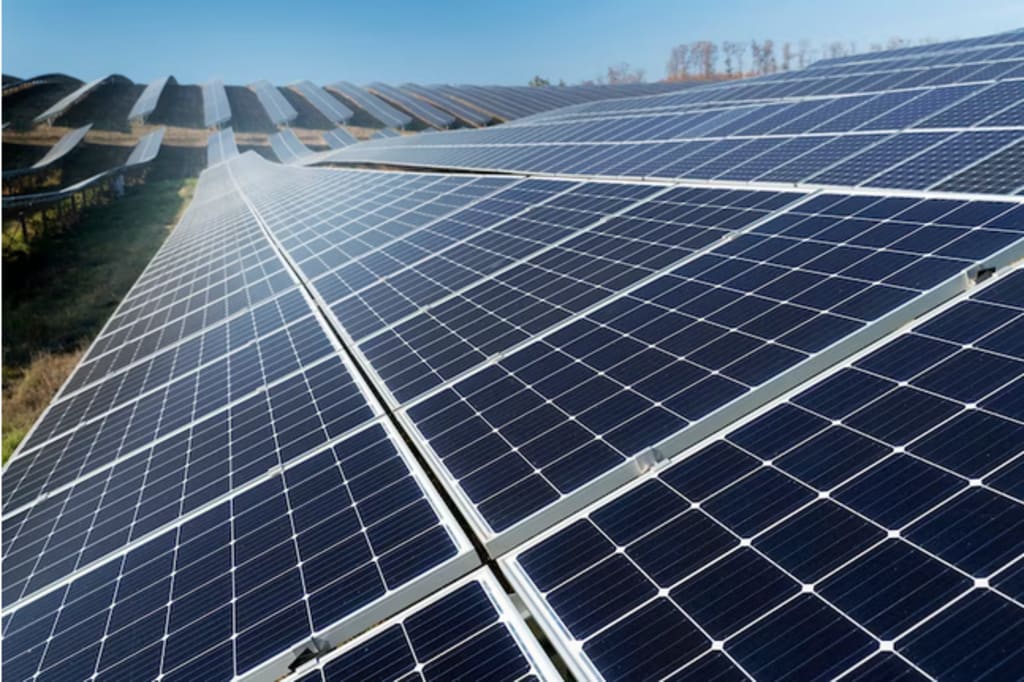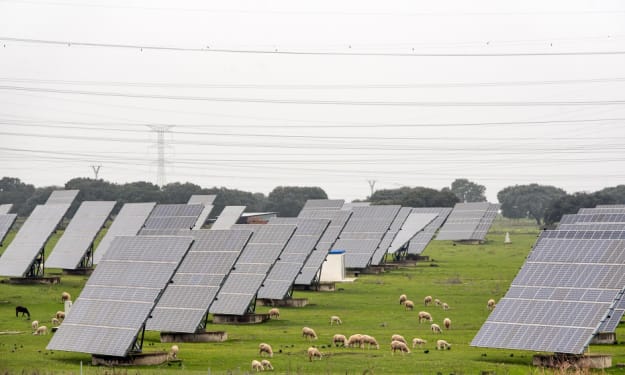The importance of solar recycling: Reduce waste and maximizing sustainability
reduce waste

Introduction:
As the global demand for renewable energy continues to rise, solar power has emerged as a leading solution to combat climate change and reduce reliance on fossil fuels. Solar panels, also known as photovoltaic (PV) panels, have become increasingly popular due to their ability to convert sunlight into electricity. While the growth of solar energy is undoubtedly beneficial for the environment, it also presents a significant challenge: the proper disposal and recycling of end-of-life solar panels. This article will explore the importance of solar recycling in reducing waste and maximizing sustainability, highlighting the environmental benefits, economic opportunities, and addressing common questions related to solar recycling.
Environmental Benefits of Solar Recycling:
Solar panels consist of various materials, including silicon, glass, metals, and plastics. These materials have valuable properties and can be recovered and reused through recycling processes. By recycling solar panels, we can reduce the need for raw material extraction, which often involves energy-intensive and environmentally damaging processes. Recycling also minimizes the release of hazardous substances, such as lead and cadmium, present in some panel components, preventing potential soil and water contamination.
Moreover, solar recycling helps to reduce waste generation. Solar panels have a typical lifespan of 25 to 30 years, after which they can still retain up to 80% of their original efficiency. Instead of disposing of these panels in landfills, recycling allows for the recovery of valuable materials, extending their useful life and reducing the overall environmental impact associated with their production and disposal.
Economic Opportunities in Solar Recycling:
The recycling of solar panels not only benefits the environment but also presents economic opportunities. Solar recycling facilities can recover valuable materials like silicon, silver, and aluminum, which can be sold back into the market. This creates a circular economy where resources are reused rather than being discarded, contributing to cost savings and reducing the need for new material extraction.
Additionally, the growth of the solar industry has led to an increase in job opportunities in the manufacturing, installation, and maintenance sectors. By expanding the scope of solar recycling, more jobs can be created in the recycling industry, further boosting local economies and providing employment in green sectors.
Common Questions about Solar Recycling:
Q: Are solar panels hazardous waste?
A: While solar panels contain some hazardous materials, they are not considered hazardous waste under most regulations. However, proper disposal and recycling are crucial to prevent potential environmental contamination.
Q: Can solar panels be recycled indefinitely?
A: Solar panels can be recycled, but the efficiency of the recycling process may decrease after multiple cycles. However, by recovering valuable materials, recycling can significantly reduce the need for new material extraction.
Q: What happens to solar panels when they are recycled?
A: During the recycling process, solar panels are typically dismantled, and the components are separated. Glass, metals, and plastics are recovered for reuse, and silicon wafers can be processed for potential reuse in new solar panels.
Q: How can I recycle my old solar panels?
A: Contact local recycling centers or specialized solar recycling facilities to inquire about their collection programs. Many manufacturers also offer take-back or recycling programs for their panels.
Conclusion:
Solar recycling plays a crucial role in reducing waste and maximizing sustainability in the solar energy industry. By recovering valuable materials, recycling not only minimizes the environmental impact of solar panel production but also provides economic opportunities and job creation. Governments, industries, and individuals should actively support and promote the recycling of end-of-life solar panels to ensure a sustainable future. With proper recycling practices and increased awareness, we can harness the full potential of solar power while minimizing its environmental footprint.
About the Creator
Enjoyed the story? Support the Creator.
Subscribe for free to receive all their stories in your feed. You could also pledge your support or give them a one-off tip, letting them know you appreciate their work.





Comments
There are no comments for this story
Be the first to respond and start the conversation.